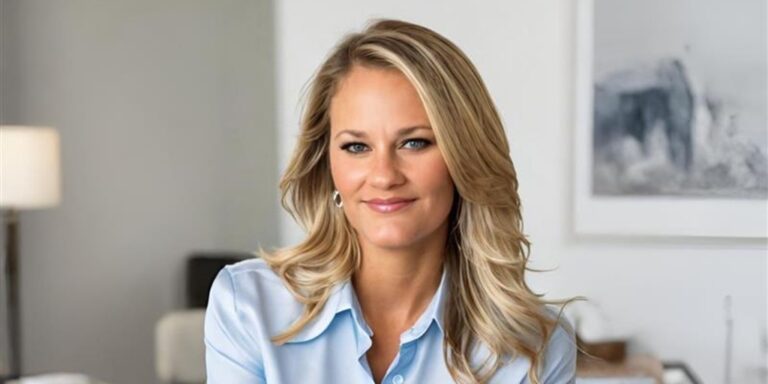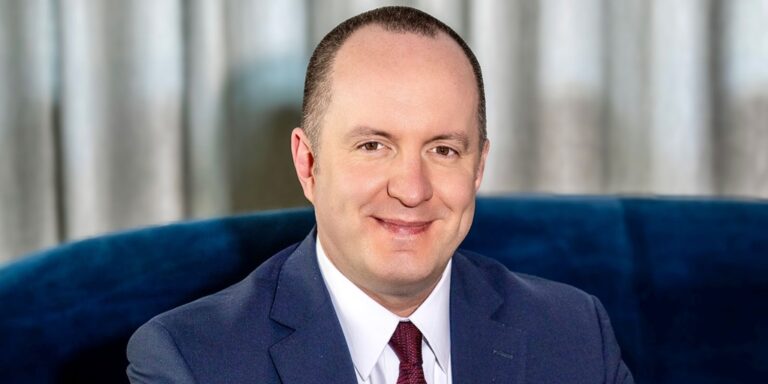Hotels must embrace the innovative concepts popularised by serviced apartments to ensure they meet the changing needs of guests during the pandemic, says George Sell, editor-in-chief at International Hospitality Media.
Back in early March I wrote an article for our sister publication Boutique Hotel News about a trending buzzword in real estate circles – the ‘hotelisation’ of real estate. Basically it means the application of hotel-type services and a hospitality service ethos to other real estate classes such as offices and homes.
It’s safe to say the world has become a very different place since then and while the notion of hotelisation may well regain traction – the office market is certainly going to be extremely competitive as the world goes back to work – there is another, newer trend at play. I am going to have to think of a name for it because the ‘serviced apartmentisation of hotels’ is nowhere near snappy enough to catch on, but that is most definitely what we are going to see in the short-and medium-terms, and probably beyond.
The Covid19 pandemic has resulted in the biggest crisis facing hospitality since World War II, and hotels, particularly full-service hotels, are having to radically rethink the way they operate. A combination of lower occupancy, social distancing and changing guest behaviours is affecting every facet of hotel operations.
And many of the solutions that hotels are introducing are effectively those which the serviced apartment and aparthotel sectors are already embracing. This comes as no surprise when serviced apartments and extended-stay hotels have weathered the recent storm relatively well, reporting much higher occupancy than hotels, and allowing guests to self-isolate if necessary.
Hubert Viriot, CEO of Yotel, says that Covid19 is “accelerating some trends which were already evident in our industry”, and there are several areas where this is apparent.
The main one is less interaction between guests and staff. In a time when human contact is literally mandated against by governments, ensuring the guest journey is as self-contained as possible is essential. This is leading to hotels adopting methods which are commonplace in serviced apartments.
Services such as automatic check-in and keyless entry ensure the guest can reach his or her accommodation without staff interaction. It’s a more desirable option for many than being greeted by a receptionist in gloves and mask, serving from behind a plexiglass screen.
Once in the unit, virtual concierge apps on the guest’s own device will enable them to choose extra services, communicate with staff, and access local area information and order food deliveries. “Customers pick and choose when they want to socialise and when they want to interact with staff. Going cashless will also accelerate this,” says Viriot.
Room service and breakfast buffets are being replaced by stripped down grab-and-go offers, with the latter unlikely to make a reappearance in many hotels.
David Kiljstra of Rocket Fuel says this is “good news for food waste but a fresh challenge for hoteliers. Rates including breakfast could soon become a thing of the past, but smart brands will spot an opportunity: to provide breakfast-to-go or create personalised breakfasts delivered straight to rooms”.
Hotels are also forging partnerships with local restaurants and food-delivery services, rather than keeping their kitchens open to cater for practically non-existent demand.
The days of daily maid service and turndown are also numbered. In-room cleaning will become an on-demand service, with less frequency, although a much higher emphasis on hygiene.
Ray Bennett, chief global officer at Marriott, told CNBC: “More and more of our guests have actually asked that we don’t come in their room because again, human-to-human contact. And so, we are reducing the level of frequency as it relates to housekeeping, based on guest feedback.”
Hilton, meanwhile, is offering customers three options: normal housekeeping service; a streamlined service that occurs daily or every other day, and a light service that is limited to emptying bins, supplying fresh towels and new amenities; or no service at all. Hilton global head of new brand development Phil Cordell said the third option is for guests who do not want anyone in their room during their stay.
The changes don’t stop there either. Kiljstra says: “Goodbye minibars, tiny notepads and those deliciously stylish hotel pencils. Many properties will remove all the ‘nice-to-have’ extras from their rooms to accommodate higher hygiene and cleaning standards. Hoteliers will need to emphasise the quality and craftsmanship of the furniture, artwork and decor in their stripped-back rooms instead. This is an opportunity for us to rethink industry conventions and create new, futureproof standards.”
Many hotels will struggle to make a profit for a considerable time – occupancy is on the floor and will only rise slowly at first when government travel restrictions are lifted. Having fewer staff onsite not only addresses the guest’s desire for less contact but also reduces operating costs. Many large meeting rooms, ballrooms, event spaces, spas and gyms are unlikely to reopen soon, and when they do they will have a much reduced capacity for some time to come.
I sincerely hope that a vaccine for Covid19 is found soon, and that travel and hospitality can rebound as soon as possible. I agree with Accor boss Sebastien Bazin, who is sceptical of the view that the pandemic will result in technology permanently taking over the role of humans in the hospitality process. “If you travel, it’s because you want to spend some time with somebody – if not, stay at home,” he said.
But for now, things are very different. As John DiScala, the founder of travel blog Johnny Jet, puts it: “Before, luxury used to be about having interactions with other people and having service. Now luxury is all about not seeing anyone.”
This is an edited version of an article that originally appeared on Serviced Apartment News.
George is the editor in-chief at International Hospitality Media. He also works as co-organiser of leading hospitality sector conferences including Urban Living Festival, Boutique and Lifestyle Hotel Summit, Serviced Apartment Summits (Europe, MEA, Americas, Asia) and Recharge.






